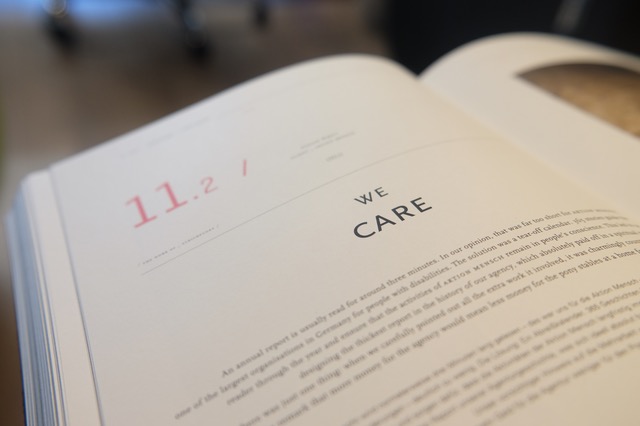LEST we forget, movies and TV shows get written too. And plays. And advertising jingles—the term writing covers a lot of ground, some of it sad and strewn with rotting carcasses, some of it merry and lined with beautiful gardens. This wide field means there’s also a lot of room for bad writing, about which Your Humble Editor here knows entirely too much.
When you do something on a professional level, you tend to lose some of your wonder for it. It’s an unfortunate consequence: Magicians don’t get wide-eyed when cards are made to disappear, computer programmers don’t get excited when email pops up on their screens, and writers wince and groan a lot when terrible dialog afflicts our television shows, books, or movies. We see the connective tissue, and we know all the tricks.
Normally, I can keep my mouth shut. Normally, I can manage to swallow clunky lines that fall to the ground with an ear-popping thud. Normally, I can handle a surfeit of cliché and a heavy hand with the purple—this because I am a firm believer in the Rules of Polite Society, that web of semi-transparent rules that keeps our world functioning, and one of those rules is that you don’t bother other folks with endless snobbish assessments of the quality of your entertainments. We’re writers, after all; for a lot of us, the reason we started writing in the first place was dissatisfaction with the stuff on TV and in the theaters, leading us to try and do it right.
Recently, though, I’m losing control of my temper when it comes to one time-honored tradition of Bad Writing: The Moron Line.
Morons, All of them
The Moron Line is, quite simply, a line of dialog that is spoken only to help those in the audience who either haven’t been paying close attention or are mentally incapable of understanding anything even remotely complex or fanciful. Here’s a totally made up example:
<In the sewers beneath Los Angeles, The Villain is seen placing a large bomb against one slimy wall. A few scenes later, the Hero and his Sidekick stumble upon the bomb.>
HERO: Look!
SIDEKICK: Jeepers! A BOMB!
HERO: It must have been left here by the villain, earlier, when we weren’t here.
Most of that dialog is not only unnecessary if you have a heartbeat and an attention span of any length, it’s actually annoying, because it’s like that guy at a party who keeps telling you things you already know in a tone of voice that strongly implies he doubts you have the brainpower to know such things. It’s like an echo.
One of the popular uses for Moron Lines is to remind the audience of subtle plot points; having a character regurgitate a little exposition in the guise of summing up or arguing a point. Another is the time-honored Salazar Gambit, where a character—usually the villain—appears onscreen and, just in case you just wandered in from another movie—someone hisses their name:
<The Hero enters SALAZAR’s OFFICE. Cut to SALAZAR, grinning behind his desk.>
HERO: Salazar!
Again, the only people in the room who would be confused as to Salazar’s identity (assuming, of course, that he was in the story previously and this is not some complicated switch of identity or some other potentially confusing plot gymnastic) are folks who fell asleep shortly after the lights went down. Yet the Moron Line survives, because a) it often sounds dramatic to untrained ears and b) a lot of people creating entertainments for the rest of us have nothing but contempt for us, believe me.
ONCE YOU SEE IT …
Once you notice the Moron Line, you can’t unnotice it, and it starts popping up everywhere: Characters describing the clearly visible actions of other characters, characters repeating names and facts for no other reason than to make sure you remember something that happened, oh, fifteen minutes before in the narrative. Often these examples will be paired with quick-cut flashbacks, just to make sure you really notice what you’re being hit over the head with. This last technique could be called The Sixth Sense Are You Paying Attention Technique.
Are there people who need the Moron Line? Probably. I’ve been out to movies where future Nobel Laureates sit and have lengthy conversations about other movies while a movie is playing, and no doubt the Moron Line helps them keep track of at least the Bullet Points of the plot. And sure, there are probably a few functioning morons out there who need the Moron Line. Should these fine folks be abandoned? Of course not. What we need are a sort of reverse Director’s Cuts, where all the Moron Lines and redundant flashbacks are edited in, with a normal cut released for the rest of us with functioning brains.
————————————–
From The Inner Swine Volume 15, Issue 1, by the way.










